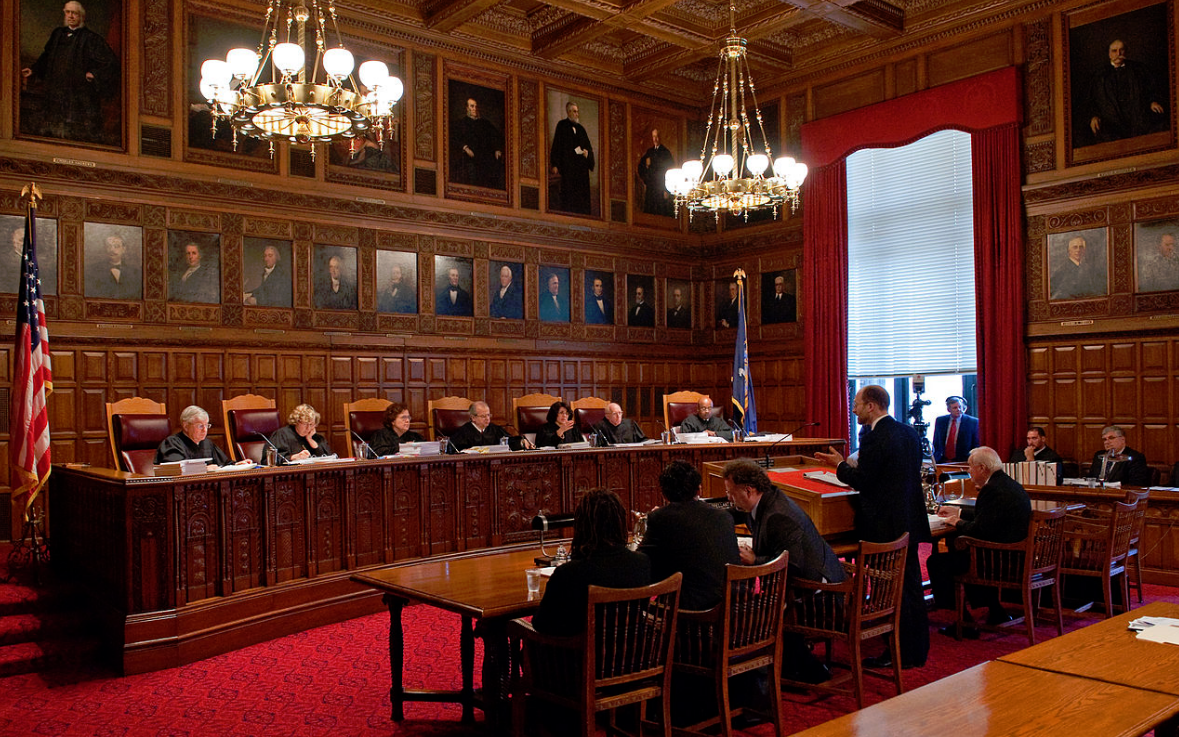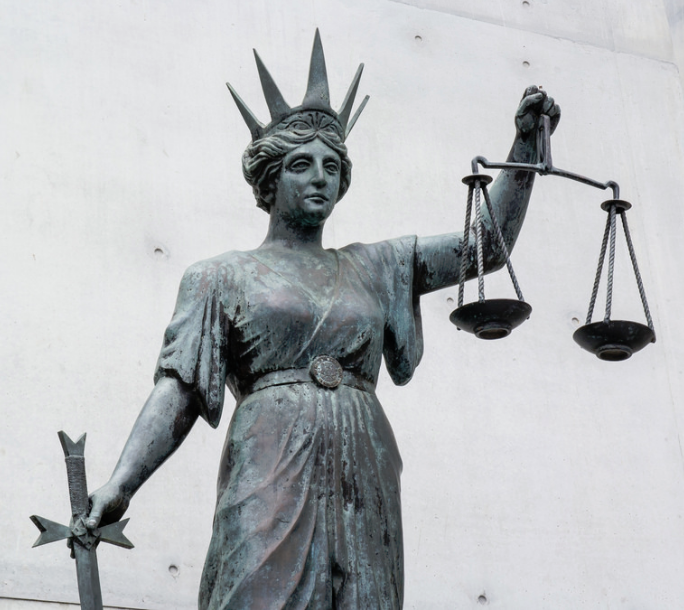Several causes of action may be pled in conjunction with a claim for breach of fiduciary duty, depending on the facts and circumstances surrounding the case. Attorneys should consider the following claims when filing a breach of fiduciary duty cause of action and determine which, if any, also apply to their clients: 1. Constructive Fraud Constructive Fraud occurs when a person or entity gains an unfair advantage over another through unjust means, usually by lying or omitting important details. Constructive fraud differs from actual fraud because the elements of constructive fraud do require intent, or actual…
-
-
Breach of Fiduciary Duty vs. Constructive Fraud – Which Claim Do You Have?
Breach of Fiduciary Duty: A fiduciary is an individual or corporation to whom property or power is entrusted for the benefit of another. Fiduciaries must prudently care for any such assets, and may also have a number of additional duties, depending on the nature of their fiduciary relationship. These duties include, without limitation: a duty of good faith and fair dealing, a duty of loyalty, a duty of impartiality, a duty to delegate, a duty to inform, and a duty to maintain adequate records. To succeed on a breach of fiduciary duty claim, the plaintiff must prove…
-
Breach of Trustees’ Fiduciary Duty – Part 2: Duty of Loyalty & Duty of Impartiality
As we’ve mentioned in part 1 of this series, trustees are fiduciaries and, as such, trustees owe a variety of fiduciary duties to multiple parties. These obligations include both the duty of loyalty and duty of impartiality, which we will discuss this week. To prove a trustee breached of one of these duties, one must show three things: (1) the existence of a fiduciary relationship; (2) the breach of a fiduciary duty; and (3) damages proximately caused by the breach of the duty.[1] It is important to keep in mind that the express terms of the trust can modify…
-
Seven Rules for Being an Attorney-In-Fact
Your aging parents just appointed you as their attorney-in-fact– now what? It is important to keep in mind a few simple rules to stay within the bounds of the law. Rule #1: Act in the principal’s best interests. The principal is the person that appoints the attorney-in-fact and specifies the financial authority they possess. Acting in the principal’s best interest is the golden rule of being an attorney-in-fact. For every situation in which you may exercise your rights in that capacity, ask yourself these three (3) questions: Is taking this action in the best interest of the…
-
Eight Questions and Answers about Fiduciary Litigation
What is fiduciary litigation? Fiduciary litigation encompasses a wide range of legal actions including, without limitation, trust and estate litigation, will contests (also referred to as caveat proceedings), breach of individual and corporate fiduciary duty claims, and guardianship proceedings. Fiduciary litigation is becoming increasingly relevant as the baby boomer generation continues to age. What is a fiduciary? A fiduciary is an individual or corporation in whom another places trust and confidence to act in their best interest. Generally speaking, a fiduciary is tasked with prudently caring for the financial assets of another. What are the types of fiduciary relationships? Relationships created by statute, such as in…




